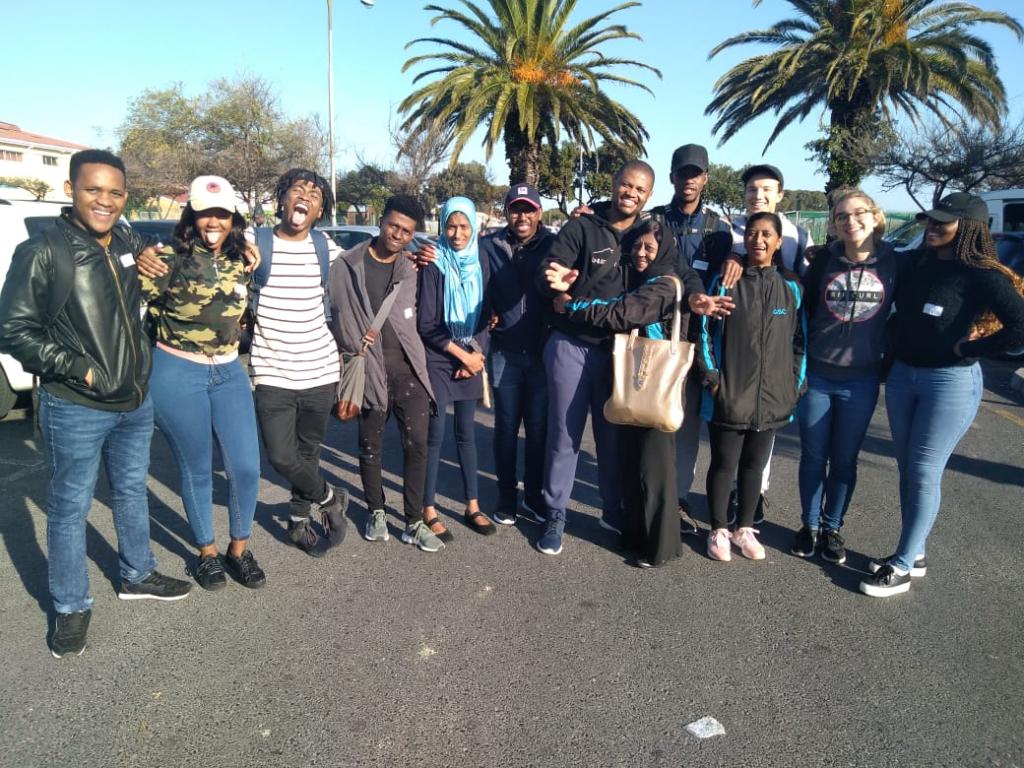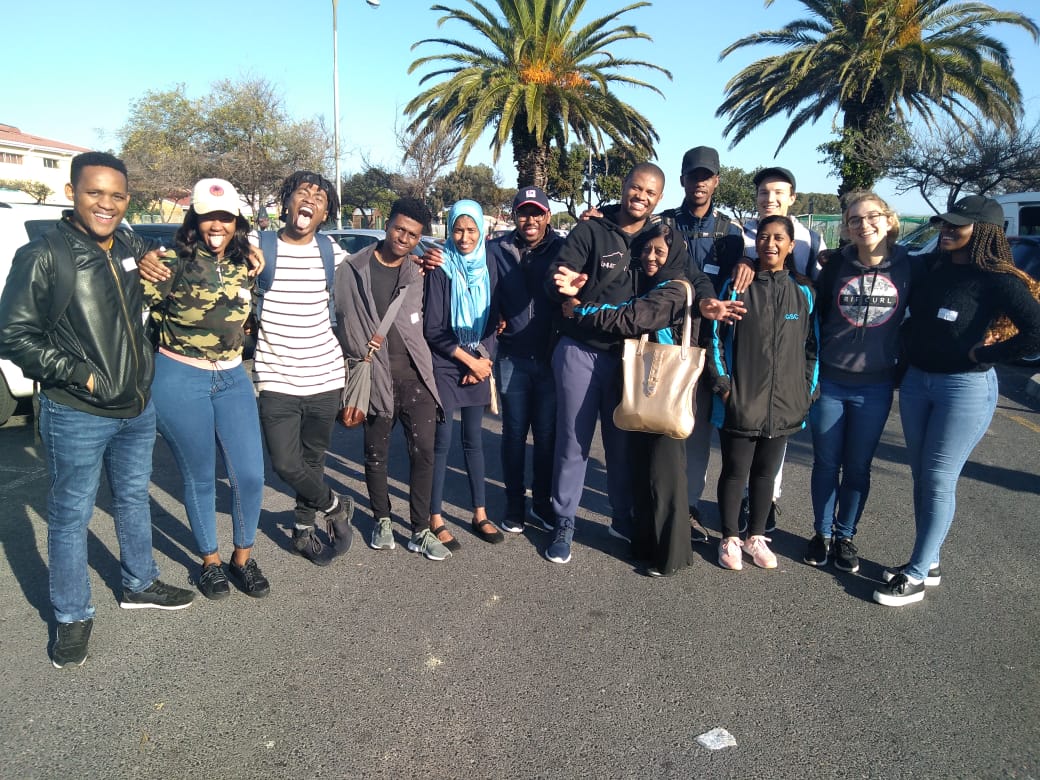Critical Social Issues Part of the Mainstream Curriculum


‘Social Infrastructures: engaging with community for change’ (SI) - has been developed via a partnership between EBE and CHED and has its roots in the Global Citizenship programme (GC). The course counts as an 18-credit Humanities Complementary Studies Elective for EBE degrees. The term 'social infrastructures’ recognizes that urban development is a sociotechnical process, giving rise to particular relationships between households and communities and between materials and technologies, shaped by the institutional and political context. The concept of ‘social’ therefore implies that development and any other form of ‘service’ cannot be looked at without considering the needs of people and of communities. In doing so, we get to ask questions about active citizenship – what community engagement means for yourselves as citizens but also what it means for several citizen groupings and organisations off campus. To this end, all students go on 3 off campus classes in various communities and locations in the greater Cape Town area.
Learning environment
Learning takes place mainly in two spaces: the classroom space at the university, and off-campus classes in various communities, including the city. The off campus classes consist of visits to the Distract Six Museum, a City Walk and a class with a community organisation that hosts students for the day. The off-campus class visits aim to help students understand the complexity of the issues in many under-resourced, marginalized communities. The community members are positioned as educators for the day and organize the visit for the class, based on the issues they feel are important for students, as future engineers, to understand. This might be, for example, water and sanitation, housing, or lack of transport. These sessions are debriefed in class.
Deliberate Pedagogy
The SI course is deliberately framed to interrogate and engage the nexus between the technical and social domains of learning and knowledge, something that is increasingly important in understanding the design of curriculum and pedagogy in professional degree programs.
The pedagogy reflects the ideas that have shaped the course from the outset. Associate Professor Janice McMillan, who designed the course initially, believes that, in order to create the space for engaged learning that takes this context into account, it is important to give particular attention to five aspects of pedagogy that support or contribute to it as a deliberate practice:
- Creating space for an immersion experience i.e. ongoing, interrogation of critical issues;
- Structuring classes to optimize engagement – peer to peer dialogue, contracting to provide a space that aims to be both safe and disruptive;
- Rethinking assessment practices that facilitate learning through experience and critical reflection;,
- Working with student facilitators as collaborators, involving them in curriculum design wherever possible;
- Building reciprocal partnerships with community members as educators – community partners are critical educators of students who, as emerging professionals, will be engaging with a range of constituencies in their professional work.
The Social Infrastructures Course has been particularly successful because it combines an active learning environment, where students are encouraged to see themselves, their peers and ‘the community’ as knowers, thereby emphasising that learning is fluid, it can be horizontal, vertical and cyclical, and that there are multiple forms of knowledge. Lastly, the call to social justice, central to the course design and delivery, is a recognition of the historical and spatial inequalities that persist and are complex, and that requires both professional commitment and active citizenship.
Dr Benita Moolman
GC Programme Manager
